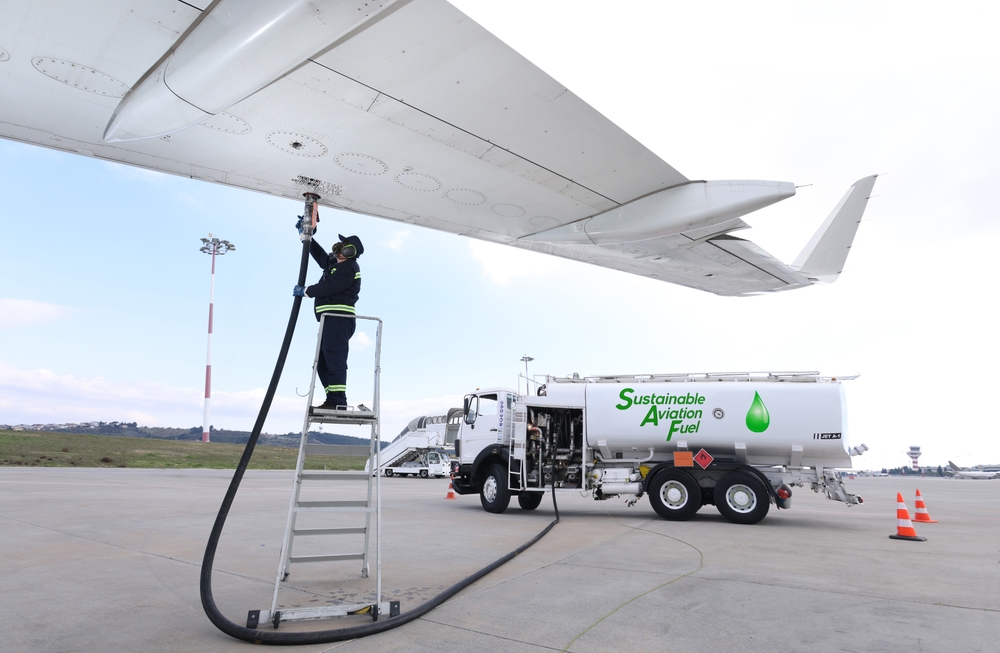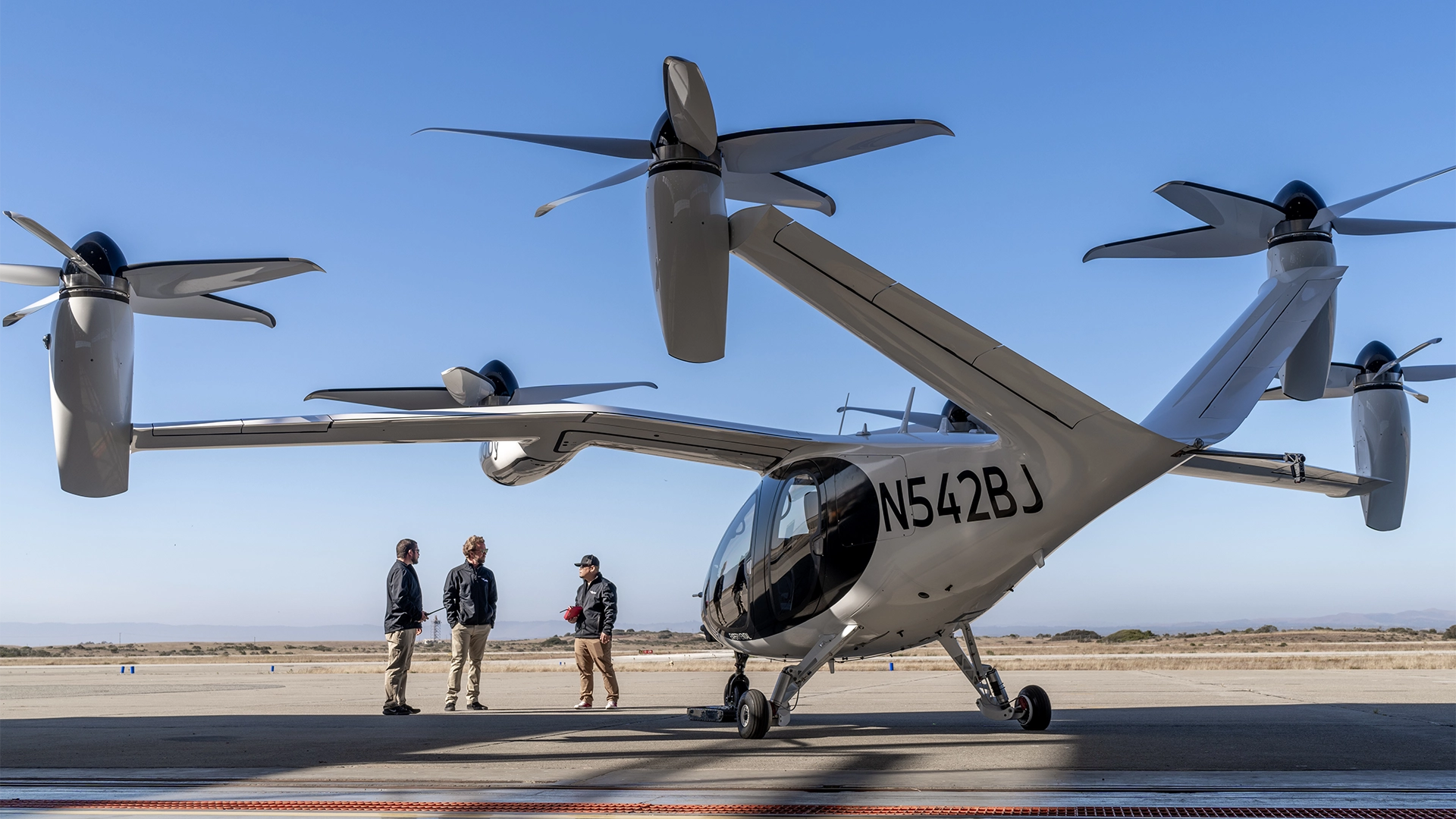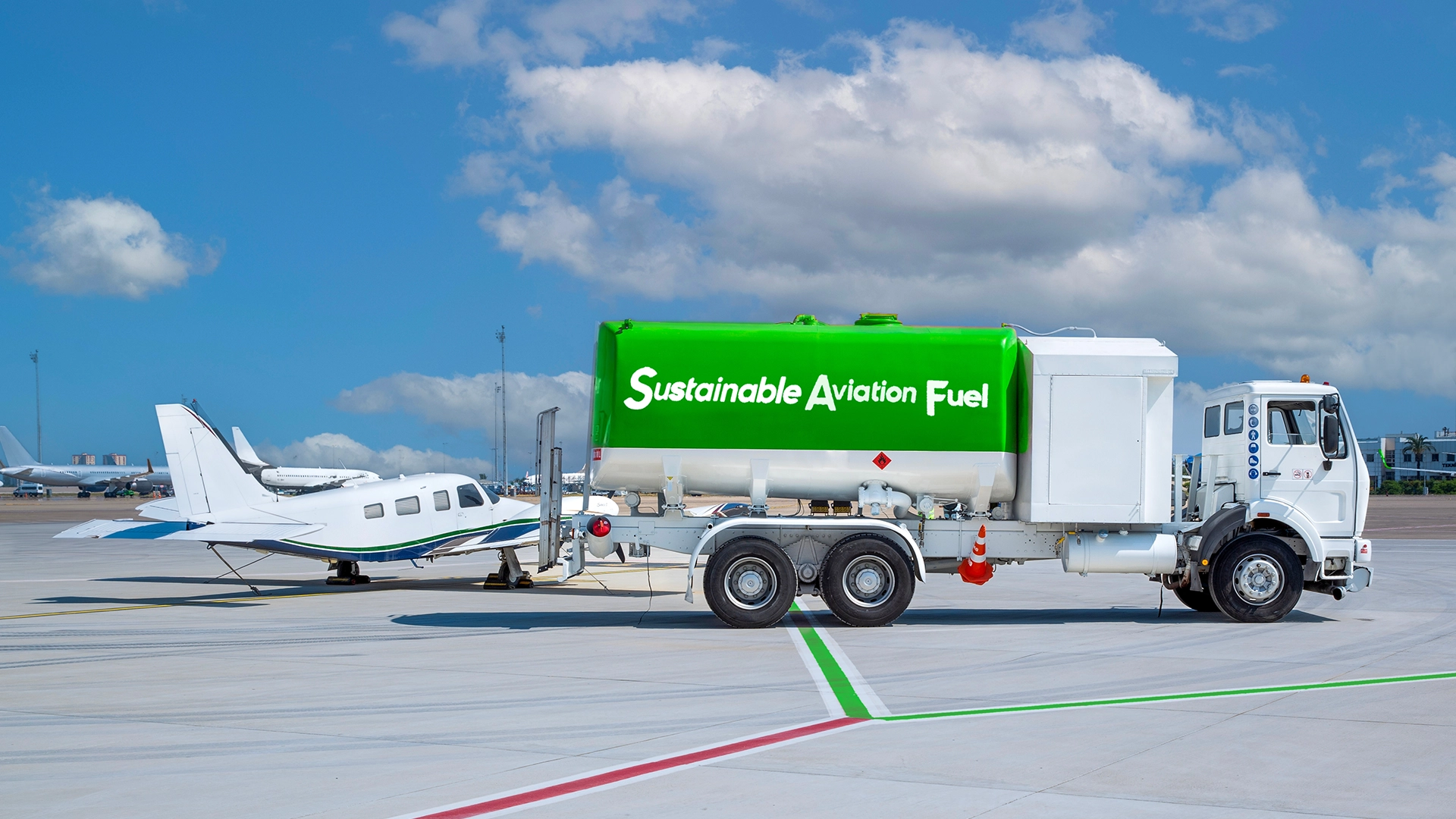
The U.S. House of Representatives Appropriations Committee recently advanced critical language in two key Fiscal Year 2026 appropriations bills recognizing the importance of sustainable aviation fuel (SAF) and the role it plays in decarbonizing aviation.
In the FY26 House Agriculture Appropriations Report, lawmakers highlighted SAF’s potential to create robust new markets for American agriculture. The report calls attention to SAF feedstocks, including ethanol, soy, tallow, wood biomass, agricultural residue and cover crops, which offer both environmental benefits and significant rural economic opportunity.
With global demand for SAF on the rise, the committee emphasized the need to scale production to reach the Administration’s goal of three billion gallons of the sustainable fuel by 2030. Importantly, the report also directs the U.S. Department of Agriculture to leverage its Section 9003 Biorefinery Assistance Program, a critical tool for financing SAF infrastructure in rural communities, and to report on strategies that would accelerate SAF innovation and deployment.
Complementing this progress, the FY26 House Energy and Water Development Appropriations Report invests directly in the science behind clean fuel. The bill provides no less than $60 million for feedstock technologies, including support for the Biomass Feedstock National User Facility and algae-based innovations.
The committee also calls for broader support for other advanced fuel technologies, including hydrogen-based e-fuels, and urges the Department of Energy’s Office of Energy Efficiency and Renewable Energy to invest in the full range of feedstocks, supply chains and production technologies needed to bring SAF and other strategic low-carbon fuels to market at scale.
“NBAA is encouraged to see the lawmakers recognize the potential for SAF and other renewable fuels to help our industry make significant strides on our path toward net-zero carbon emissions by 2050,” said Brandi Pensoneau, NBAA senior director for government affairs. “We strongly support these and other measures supporting business aviation’s safe and sustainable future.”




